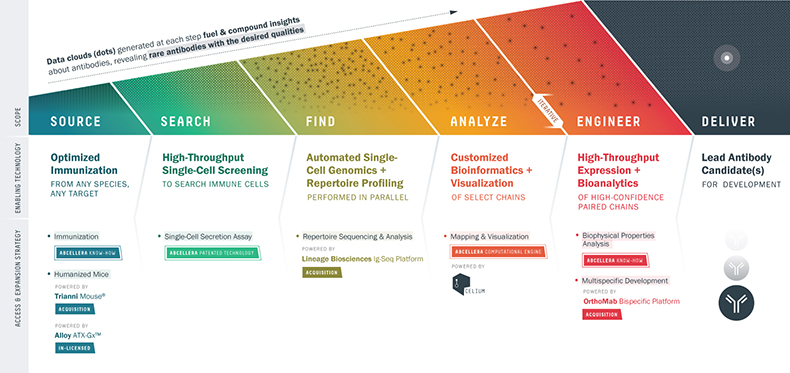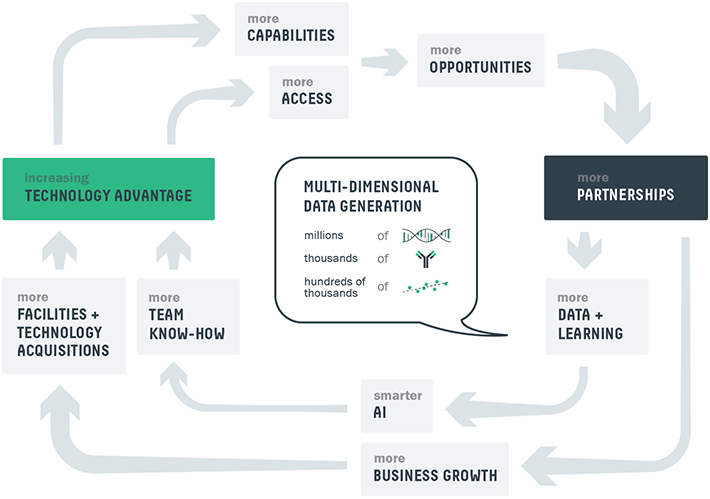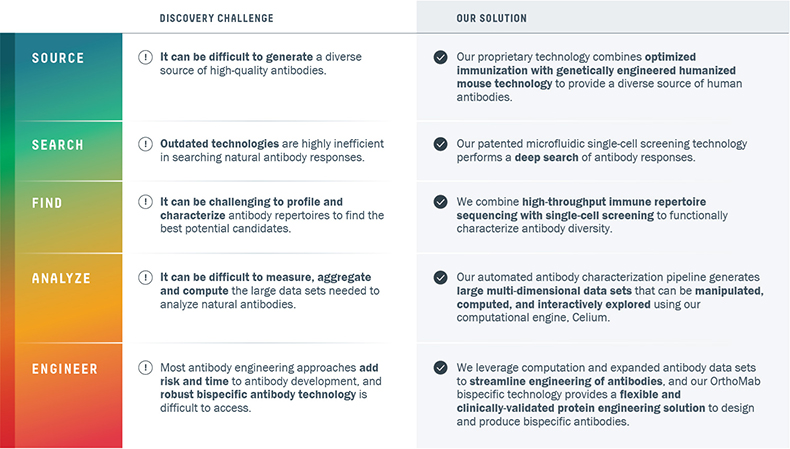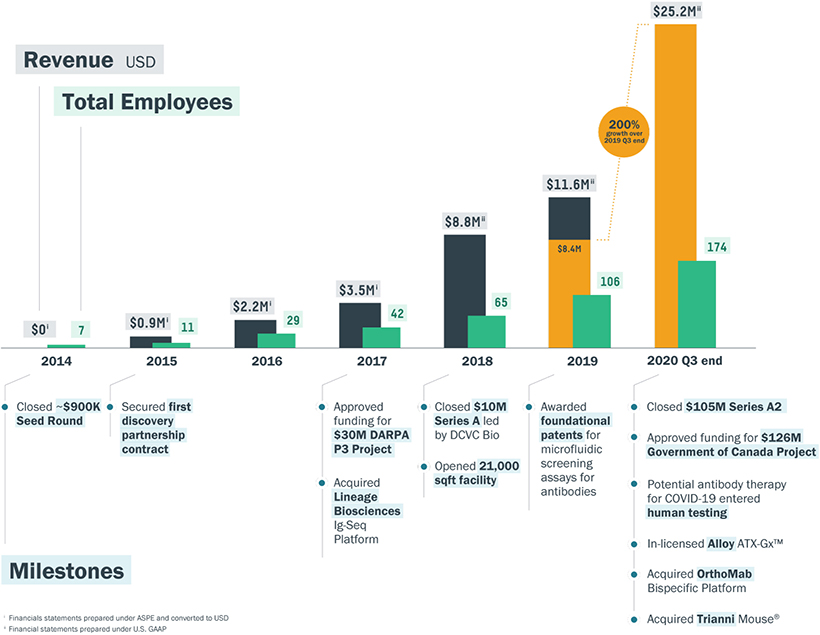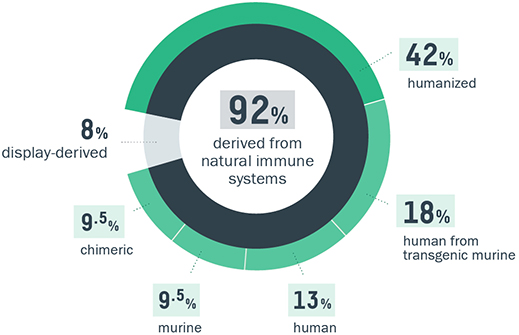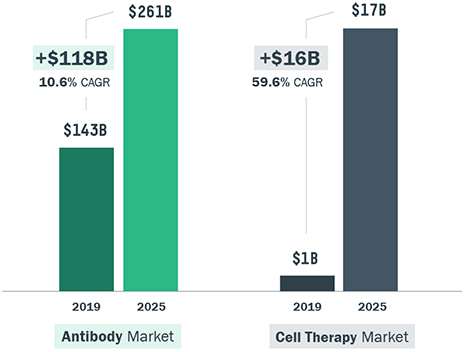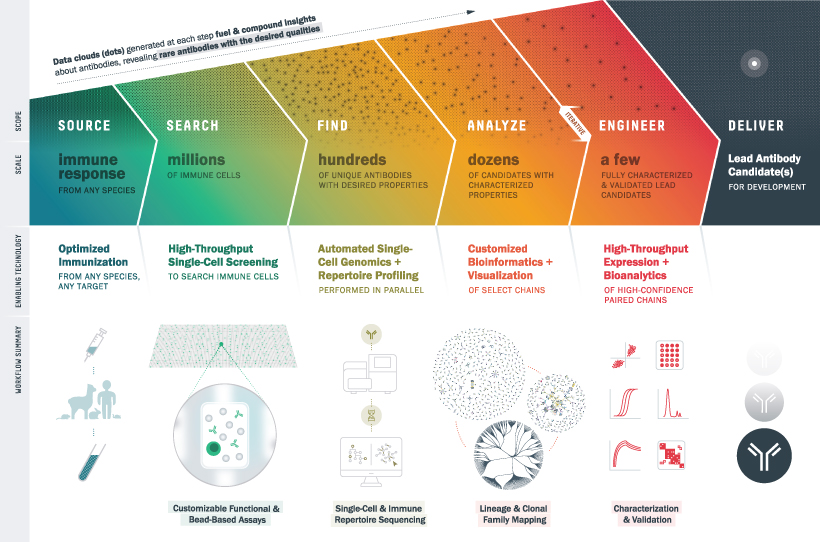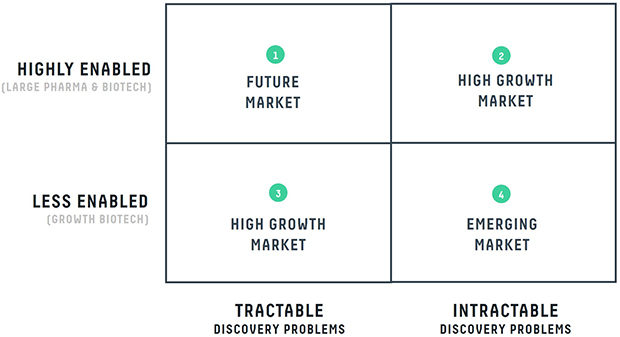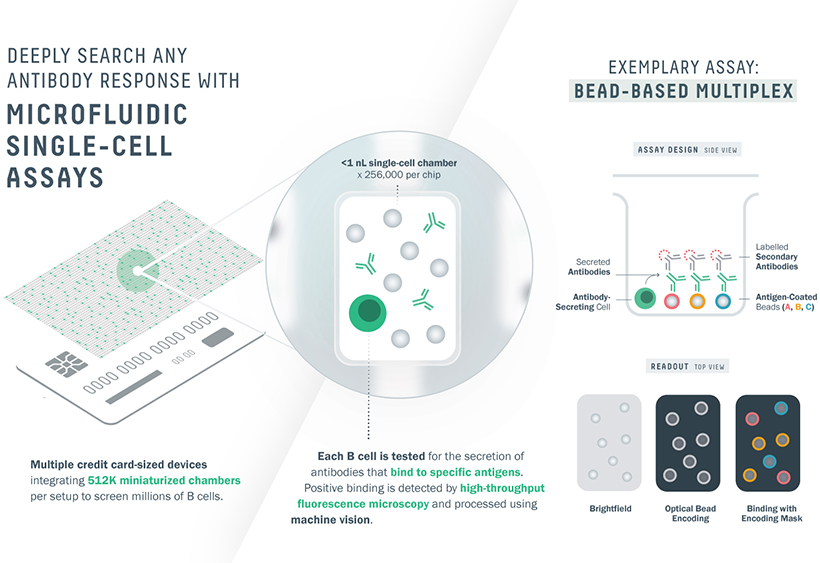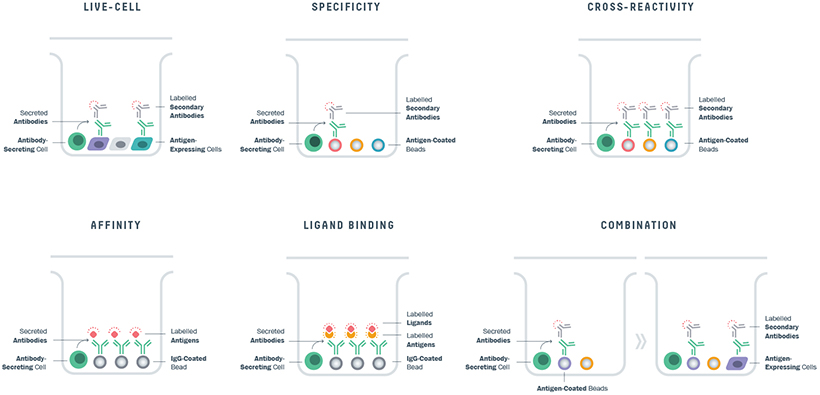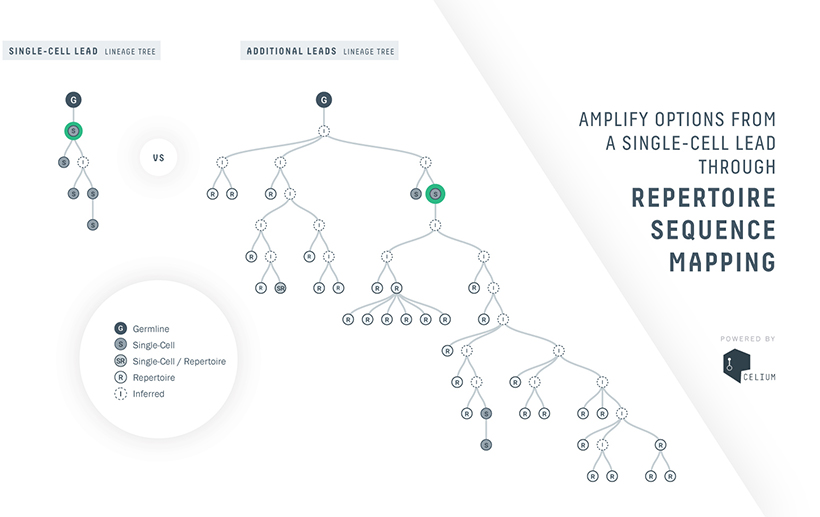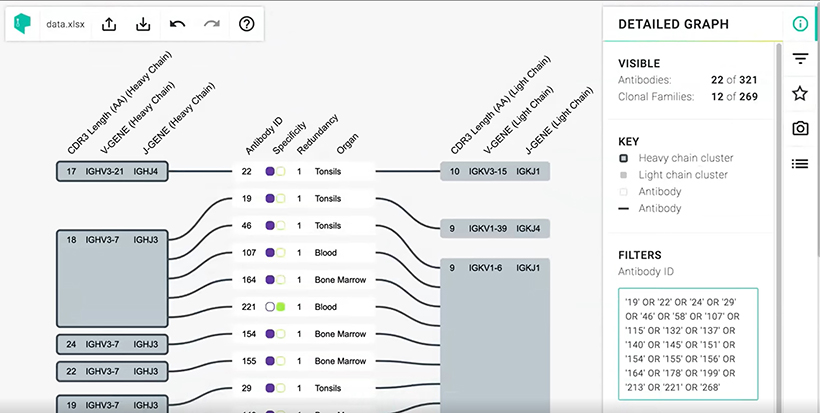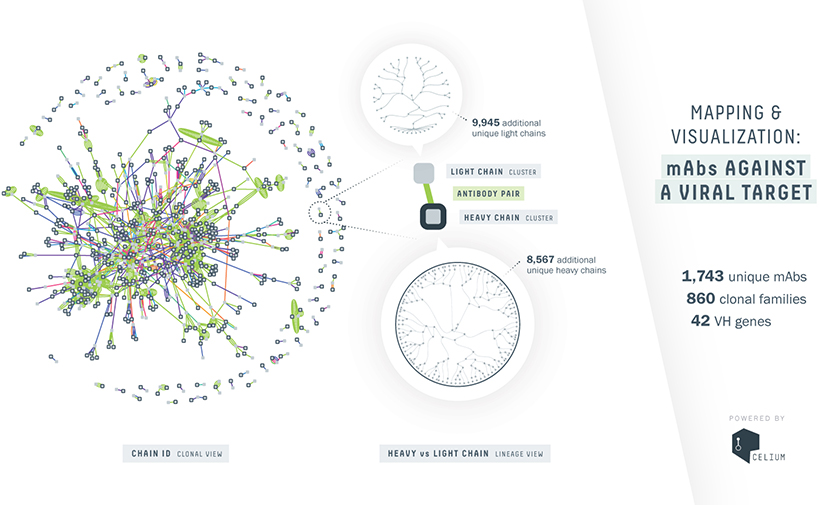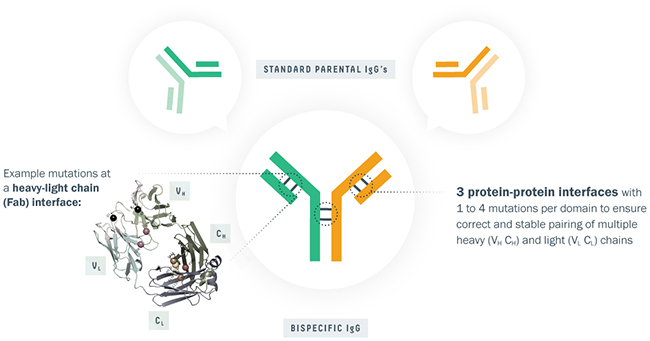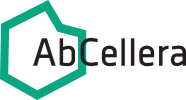Additional Regulation
In addition to the foregoing, provincial, state and federal U.S. and Canadian laws regarding environmental protection and hazardous substances affect our business. These and other laws govern our use, handling and disposal of various biological, chemical and radioactive substances used in, and wastes generated by, our operations. If our operations result in contamination of the environment or expose individuals to hazardous substances, we could be liable for damages and governmental fines. We believe that we are in material compliance with applicable environmental laws and that continued compliance therewith will not have a material adverse effect on our business. We cannot predict, however, how changes in these laws may affect our future operations.
Anti-Corruption Laws
We are subject to the U.S. Foreign Corrupt Practices Act of 1977, as amended, or the FCPA, the U.S. domestic bribery statute contained in 18 U.S.C. § 201, the U.S. Travel Act, the USA PATRIOT Act, the Canadian Corruption of Foreign Public Officials Act and possibly other state and national anti-bribery and anti-money laundering laws in countries in which we conduct activities, such as the UK Bribery Act 2010 and the UK Proceeds of Crime Act 2002, collectively, Anti-Corruption Laws. Among other matters, such Anti-Corruption Laws prohibit corporations and individuals from directly or indirectly paying, offering to pay or authorizing the payment of money or anything of value to any foreign government official, government staff member, political party or political candidate, or certain other persons, in order to obtain, retain or direct business, regulatory approvals or some other advantage in an improper manner. We can also be held liable for the acts of our third party agents under the FCPA, the Canadian Corruption of Foreign Public Officials Act, the UK Bribery Act 2010 and possibly other Anti-Corruption Laws. In the healthcare sector, anti-corruption risk can also arise in the context of improper interactions with doctors, key opinion leaders and other healthcare professionals who work for state-affiliated hospitals, research institutions or other organizations.
Legal Proceedings
From time to time, we may be subject to legal proceedings. We are not currently a party to or aware of any proceedings that we believe will have, individually or in the aggregate, a material adverse effect on our business, financial condition or results of operations. However, regardless of outcome, litigation can have an adverse impact on our business because of defense and settlement costs, diversion of management resources and other factors.
We are currently involved in the following litigation matters:
The July 9, 2020 Delaware Action
On July 9, 2020, we filed suit against Berkeley in the U.S. District Court for the District of Delaware alleging that Berkeley directly infringes and indirectly causes infringement at least one claim of U.S. Patent Nos. 10,107,812; 10,274,494; 10,466,241; 10,578,618; 10,697,962; 10,087,408; 10,421,936 and 10,704,018 arising out of Berkeley’s alleged infringing uses and sales of the Beacon® Optofluidic System which performs workflows using OptoSelect Chips. This case has been assigned to the Honorable Judge Richard Andrews. The complaint requests an order permanently enjoining Berkeley from making, using, offering to sell, selling or importing any process claimed in the asserted patents along with damages arising from Berkeley’s infringement. We intend to vigorously pursue our action against Berkeley and defend the validity and enforceability of our patents.
The August 25, 2020 Delaware Action
On August 25, 2020, we filed a second suit against Berkeley in the U.S. District Court for the District of Delaware alleging that Berkeley directly infringes and indirectly causes infringement at least one claim of U.S. Patent Nos. 10,718,768; 10,738,270; 10,746,737; and 10,753,933 arising out of Berkeley’s alleged infringing
153

